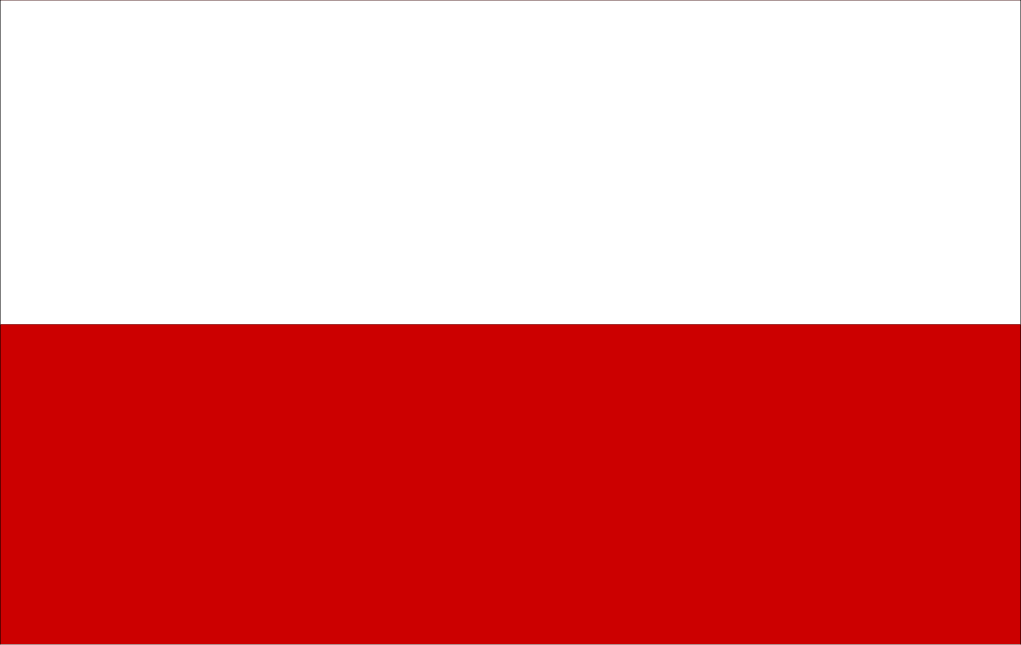top of page
Stalag IB Hohenstein - one of two biggest German POW camps (camps of the war prisoners) for non commissioned officers and ordinary soldiers during WW2 was based on the territory of East Prussia, the present Warmia and Mazury voivodeship (today Olsztynek district). We count about 300 000 prisoners basically from France, Italy, Belgium, Poland and Soviet Union who were interned there. Some important facts from the post war history of Europe like resettlements of the population, division into two completely opposite political blocks only 70 years after the end of the war seem to fall into forgetfulness; very few Europeans and especially young citizens are able to recall some tragic events from the past. On the other hand they do not understand how democratic and civic movements in western Europe contributed to the European construction. Teaching contemporary history in Poland, France or Germany is still a difficult issue; what is more quite often forgotten or treated superficially in a school program.
The main goal of the project is to engage learners from those three countries to learn more about their history, to enrich collective memory and to develop historical knowledge about the POW camp Stalag 1B and their prisoners after the war by using alternative methods of teaching. Learning dates and difficult facts is no more exciting for young pupils who are so much accustomed to the multimedia today. More and more teachers decide to use modern digital tools to diverse history lessons and make it easier to understand. The aim of the project is to create an interdisciplinary approach in teaching, to encourage pupils to substantive explorations and to exchange the results with other colleagues from other countries.
We propose to quit traditional teaching. In order to have a teacher who lecture his lessons and students listen to him we propose that student take some responsibilities in searching information, facts, witnesses of the past, source materials and share the results with other colleagues. The history of the POW camp is considered as a beginning of the complex reflection about good and evil, about moral attitudes in front of difficult historical events. It’s particularly true today when the world and also Europe are confronted to the terrorism, to the flow of immigrants and a fear towards foreigners. Also to show the consequences of racial, cultural and ethnic segregation. The common work in international group will facilitate an understanding of the past of different countries who were linked by painful history for a long time. Which is important is that echoes of this past are still present but interpreted differently by each country. The principal objective of European Union is to get unified in diversity and respect. This project aims to develop civic, multicultural and social competences, media education and fight against discrimination.
An innovative dimension of this project is based on alternative ways of teaching which goes together with needs and expectations of young people, on activating methods for lessons and information technology. It’s novelty consists on adaptation of the teaching tools on different kind of differences between project partners : social differences (pupils from both technical and general secondary schools), language differences (mother tongues used by the participants – Polish, French, German, and English as a communication language) and cultural (tradition and religion). We want to put history in a wider dimension in order to give to students the envy to discover the link between the past and the present day. What is more thanks to its connection with other subjects like arts, philosophy, foreign language we want to prove that history it is not a simple “research in the past” but also the source of inspiration, themes of discussion, a pretext to exchange with colleagues from other countries. During the project we will use some activation methods in history learning like flipped learning, reversed learning, researches outside school in order to motivate students to act, to be responsible and to share this envy with other pupils not only during lessons but also outside: in front of a large public, during dissemination events. The main goal is not only to learn, to think about history but also to be able to present one’s information and feelings by different means of expression like: arts (posters, comic books), audiovisual tools (videos, web pages) which are going to be used for different expositions and events in each country.
bottom of page



